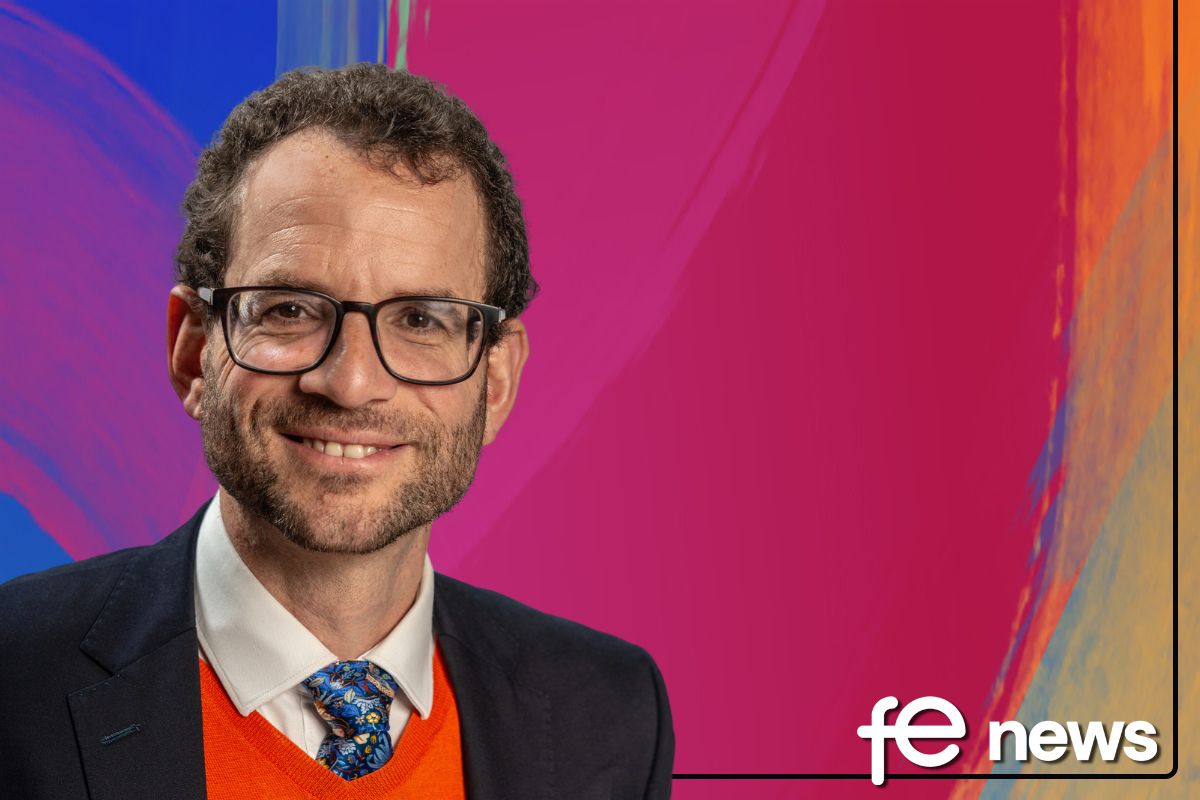UCU general secretary: ‘Adult learning has been neglected for too long’

There has never been a more important time for adult education. The world is gripped by the worst financial crisis since the 1930s, with unemployment rising by the day, and it is essential that people are given an opportunity to learn new skills or retrain. Learning is the key to securing Britain’s economic future, but it also serves a much wider purpose.
As the former education secretary David Blunkett recently noted, "[learning] helps make ours a civilised society, develops the spiritual side of our lives and promotes active citizenship. Learning enables people to play a full part in their community".
We should all be alarmed that over 1.4 million places have been lost in the last two years in English adult education due to funding cuts and fee rises. If ministers are serious about the power of education to change lives then providing access to a wide range of courses is a must.
Adult learning has been neglected for too long, with many failing to understand, or choosing to ignore, its vast social worth. The recent White Paper on adult learning was a real opportunity for the government to get to grips with the problems that have blighted the different forms of learning for so long.
UCU welcomed the opportunity the White Paper provided for discussion, but we have serious reservations about its conclusions. We feel it fails to distinguish, as did the consultation paper, between informal and non-formal adult learning. Non-formal learning takes place in a variety of settings, ranging from youth clubs, to specialist projects. It is not as organised as informal adult learning, but is nevertheless invaluable and it is a shame that the paper ignores the sterling work of teachers and tutors who work within it.
I am not, for one second, decrying the work of self-organised groups in the rich mix that is current and past adult learning. If it were not for the dedicated work, commitment and enthusiasm of the teachers and organisers, such established parts of the curriculum such as adult literacy, numeracy and English classes for speakers of other languages would not exist. By ignoring non-formal adult learning, and those who deliver it, the government is undermining much needed initiatives to professionalise the adult learning workforce.
There may also be profound implications for access and equality opportunity by relying so much on self-organised groups. Who will ensure that such groups are welcoming to all who want to participate in what they offer? What happens to pay and conditions of service for those teachers who have to resort to putting on their courses privately using the proposed ‘portal’ in the White Paper that will link would be learners to would-be tutors? Where’s the quality control for these programmes?
The growth of self-organised groups today is partly as a result of course cuts, and there is little in the White Paper that will replace the lost 1.4 million adult places. Many of the students who went to those classes were those who joined and supported the Campaigning Alliance for Lifelong Learning – www.callcampaign.org.uk
In truth, the White Paper is not all a bad. As a union we are delighted that the government has agreed to £30 million in extra funding, especially at a time when resources are limited, and it’s good that this new money won’t come out of the already overstretched Personal and Community Development Learning pot which has remained at £210m since 2005, and will remain at that figure until 2011. We are also happy that resources from other government departments will be used to contribute to informal adult learning on the ground, and the intention to have a more joined up government approach to adult learning.
UCU also supports moves to open up more ‘community’ spaces’ for community groups and organisations and the proposed national forum on adult learning. UCU hopes that as the voice of tutors in informal adult learning, that we will have a presence at the forum so that the voices of practitioners can be heard. This is particularly important given the current economic climate. UCU members have the experience of dealing with recessions and many are already tailoring courses to respond to patterns of job losses, or likely losses, in their local communities.
UCU is interested in proposals around the use of new technology, which will hopefully enable individuals and organisations to link up, and find new teaching and learning resources. It is essential that people are supported to overcome the ‘digital divide’, which stops many people from participating in adult education. Only 9% of older people take part in informal adult learning, and 82% of older people don’t have access to the internet.
UCU hopes that the impetus generated by the publication of the White Paper will signal the linking of informal adult learning to non-formal adult learning, and make it easier for those who want and need progression to higher and deeper levels of learning. Despite our reservations and concerns, UCU will continue to fight for a comprehensive curricular for adult learning that is varied, affordable and accessible, and to be part of the discussions that will follow the publication of the White Paper. In the words of David Blunkett, it’s time we "put adult education back up in lights where it belongs."
Sally Hunt is general secretary of University and College Union











Responses